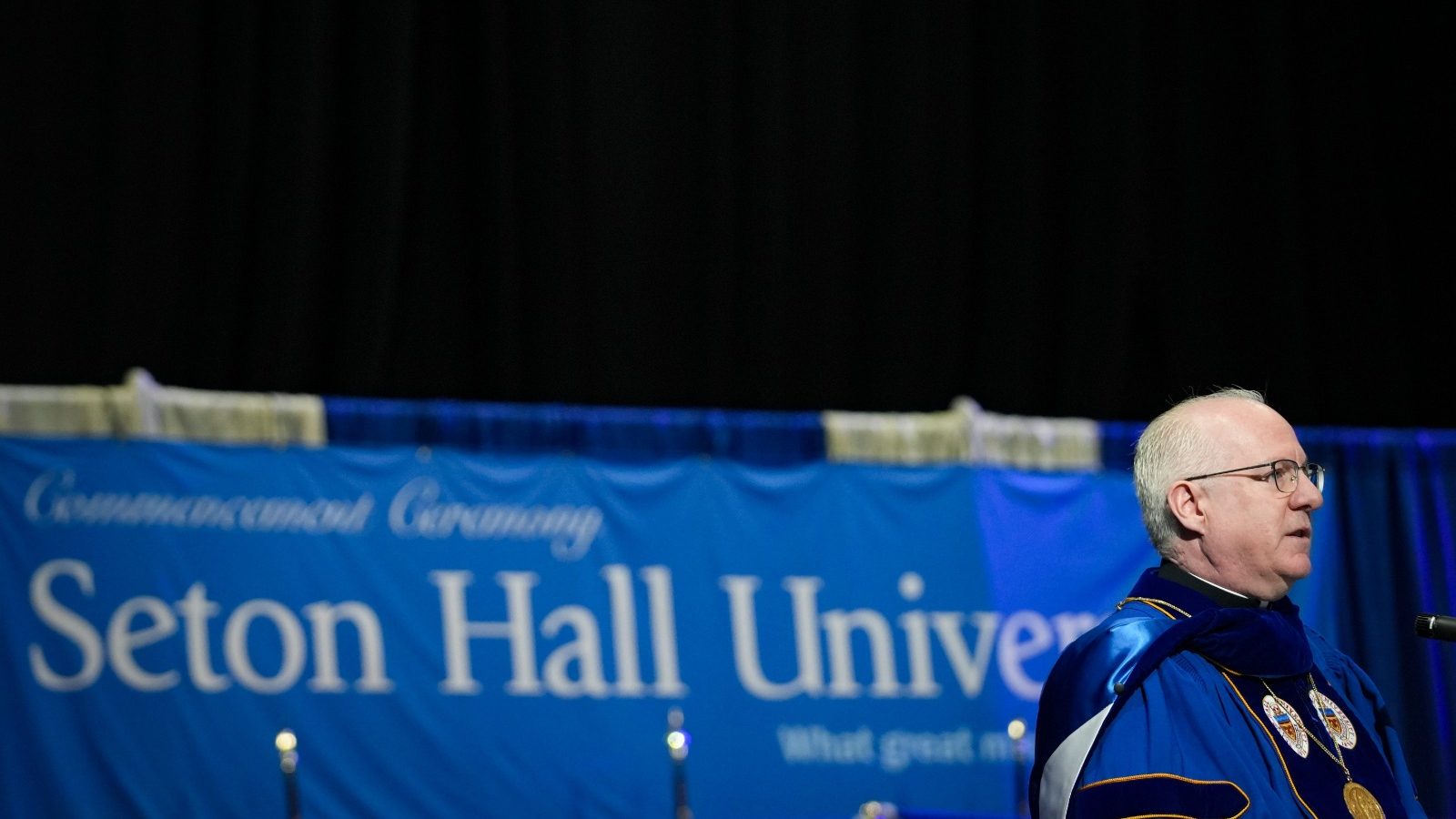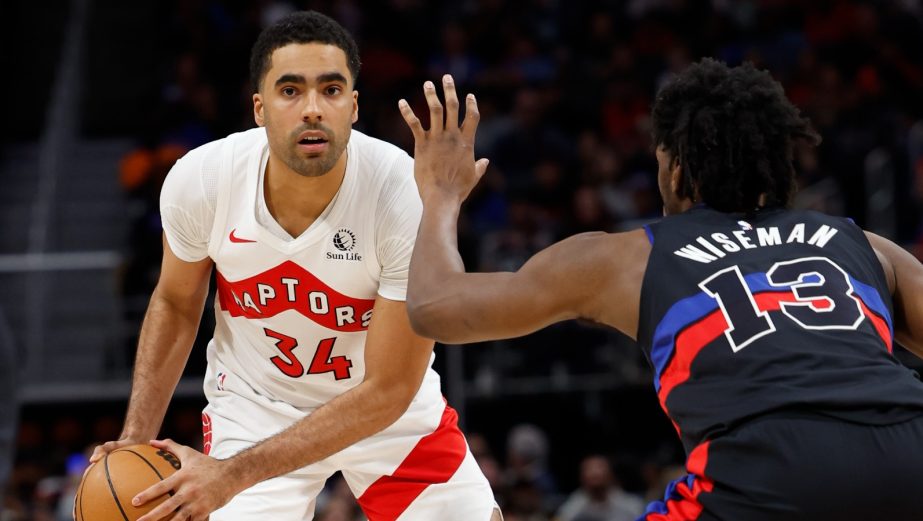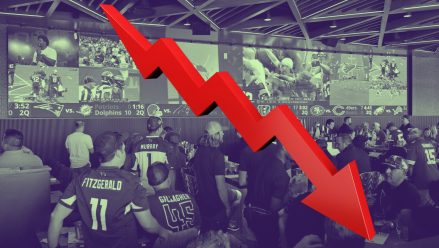A professor of economics at Seton Hall has delivered a 24-page reality check to everyone wringing their hands about legalized sports betting.
Kurt Rotthoff’s new paper, published Aug. 1 on Social Science Research Network (SSRN.com) Analyzing the Costs and Benefits of Legalized Sports Betting, doesn’t just acknowledge that sports betting has downsides. It calls out the entire academic establishment for asserting the benefits don’t exist.
“A majority of the literature looks at the negative impacts of legalized sports betting,” writes Rotthoff, Associate Provost for Strategy and Finance at the university. “Although many studies analyze the costs of legalized sports betting, most ignore the fact that benefits also exist.”
His conclusion? “With structured regulatory oversight, it appears that legalized sports betting is a net positive.”
Taking apart the doom and gloom
Rotthoff systematically dismantles some of the scariest-sounding findings from recent studies. He looks at a paper titled Gambling Away Stability: Sports Betting’s Impact on Vulnerable Households by Northwestern University Kellogg School of Management Faculty Research Fellow Scott Baker and others that supposedly shows sports betting hurts household finances. Rotthoff points out that only 7.7% of households actually bet, and they’re depositing just $102 per quarter — about 0.66% of their income.
Baker’s study looks at data for entire states, not individual households. As Rotthoff points out, that means it “does not indicate a link between the activities in the same household.”
In plain English, according to Rotthoff: The research can’t tell us whether the people placing sports bets are the same people cutting back on investments or showing financial trouble. Even the eye-catching statistic in Baker’s study — that every $1 increase in sports betting is tied to a $3.07 drop in investment — is not proof that betting caused households to invest less.
Rotthoff references another study titled The Impact of Legalized Sports Betting on Consumer Financial Health that found credit scores dropped by 0.3% after PASPA’s repeal. Rotthoff notes that it’s “about the same as an individual’s credit score varies over the course of a year.” Bankruptcy rates increased by 0.02% — a change so small it’s “difficult, if not impossible given their data, to link to sports betting itself.”
The violence that nobody talks about
Here’s where Rotthoff’s argument gets Sopranos-like: When sports betting was illegal, disputes got settled the old-fashioned way.
“When a person buys illegal drugs, engages in the purchase of any other illicit good, or engages in illegal sports betting, there is no way to enforce the agreement through legal channels,” he writes. “Violence, or the threat of violence, is often the means by which parties enforce such illegal agreements.”
Oxford Economics found that 28% of U.S. adults were betting through illegal sportsbooks in 2017. Many of those bets carried the implicit threat of violence if things went sideways. Legal markets replace that with enforceable contracts.
“Bets are contracts, with all the associated rights and obligations, and they can be disputed and resolved in a peaceful and dignified legal manner,” he writes.
Fixing games gets harder
The old argument against legalization was that it would lead to more game-fixing. Rotthoff flips this completely.
In 1992, then NFL Commissioner Paul Tagliabue testified that “widespread legalization of sports gambling would inevitably promote suspicion about controversial plays.” But PASPA “was not able to eliminate sports betting; it merely kept it underground, which meant that the bets could not be observed.”
“When sports betting is legal, sportsbooks have strong incentives to avoid game fixing, since they are likely to be harmed by it,” Rotthoff notes. Studies confirm these detection techniques work.
Following the money
The tax argument is straightforward but worth stating: Illegal betting generated zero tax revenue while legal betting has produced almost $9 billion in state taxes at the time Rotthoff’s paper was completed.
But Rotthoff’s broader point cuts deeper. Prohibition doesn’t work; it just moves activity underground with worse outcomes.
“Looking at the U.S. experience with alcohol prohibition from 1920 to 1933,” he writes, prohibitions “lead to undesirable outcomes while typically failing to achieve their goal of dramatically reduced consumption.”
Rotthoff doesn’t claim sports betting is perfect. He acknowledges the costs, particularly for problem gamblers. But he’s calling out academics for analyzing only half the equation.
“Like all forms of gambling, sports betting has both costs and benefits associated with it,” he concludes. The recent literature “has focused on the costs of sports betting or gambling in general” while ignoring everything else.
His assessment: The benefits outweigh the costs, especially with proper regulation.
For an industry that’s been fighting uphill against academic studies painting it as societal poison, that’s not just refreshing research. It’s ammunition.







